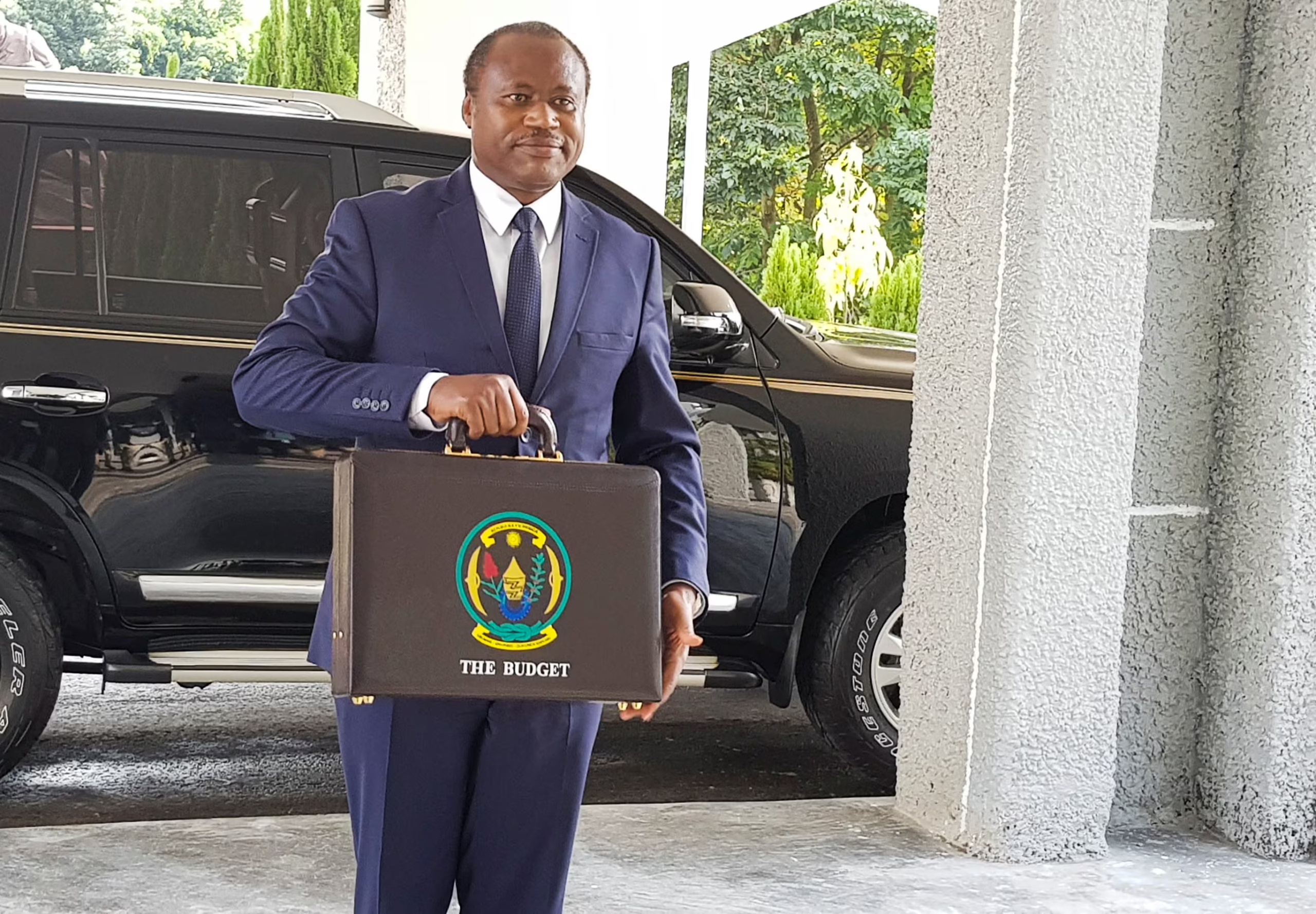
Burundi has received a landmark investment commitment from Qatar, with pledges totalling $180 billion aimed at bolstering the country’s infrastructure, mining, agriculture, tourism, banking, and cybersecurity sectors.
The announcement followed a meeting at the Kiriri Palace in Bujumbura on 16 August 2025 between Burundian President Évariste Ndayishimiye and Sheikh Mansour bin Jabor bin Jassim Al Thani, chairman of Al Mansour Holding Group and cousin of the Emir of Qatar, Sheikh Tamim bin Hamad Al Thani.
During the discussions, the Qatari delegation conveyed the Emir’s “firm commitment to supporting Burundi on the path to emergence, by strengthening mutually beneficial cooperation,” according to official statements. President Ndayishimiye welcomed the initiative, highlighting its potential to transform Burundi’s economy and promote sustainable development across multiple sectors.
Qatar’s sovereign wealth fund, the Qatar Investment Authority (QIA), which manages over $550 billion in assets, has allocated significant resources to the Al Mansour Holding Group for global investments, particularly in Africa and Asia. In Burundi, the proposed investments are expected to target critical infrastructure projects, modernise the mining sector, enhance agricultural productivity, and develop financial and technological services.
Observers note that Qatar’s engagement in Burundi forms part of a broader strategy in the Great Lakes region. The Gulf state already maintains substantial economic interests in neighbouring Rwanda, including significant stakes in RwandAir and Bugesera International Airport projects, while mediating regional conflicts, particularly in eastern Democratic Republic of Congo, where cross-border tensions and mineral exploitation have persisted for decades.
President Ndayishimiye described the pledge as an opportunity for Burundi to accelerate economic growth while safeguarding sovereignty and regional stability. The Qatari delegation emphasised a long-term partnership approach, signalling a deepening of bilateral ties that could reshape economic prospects in the region.
Analysts suggest that this agreement positions Burundi to benefit from significant foreign investment at a time of rising regional geopolitical complexity, highlighting the growing influence of Gulf states in East and Central Africa.



